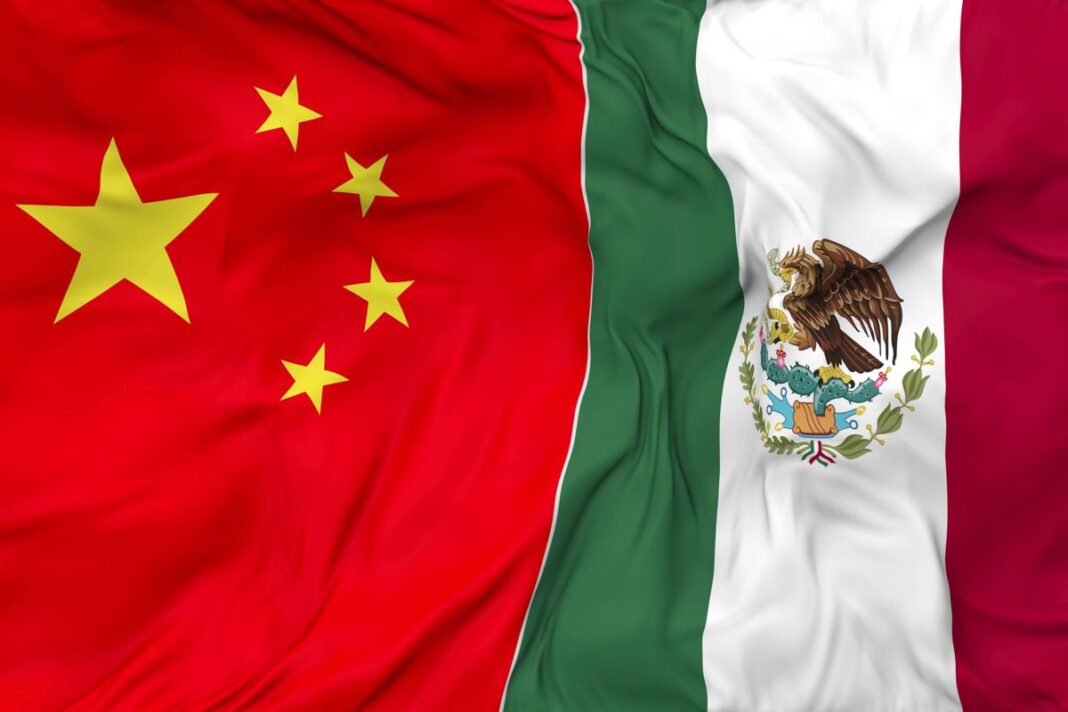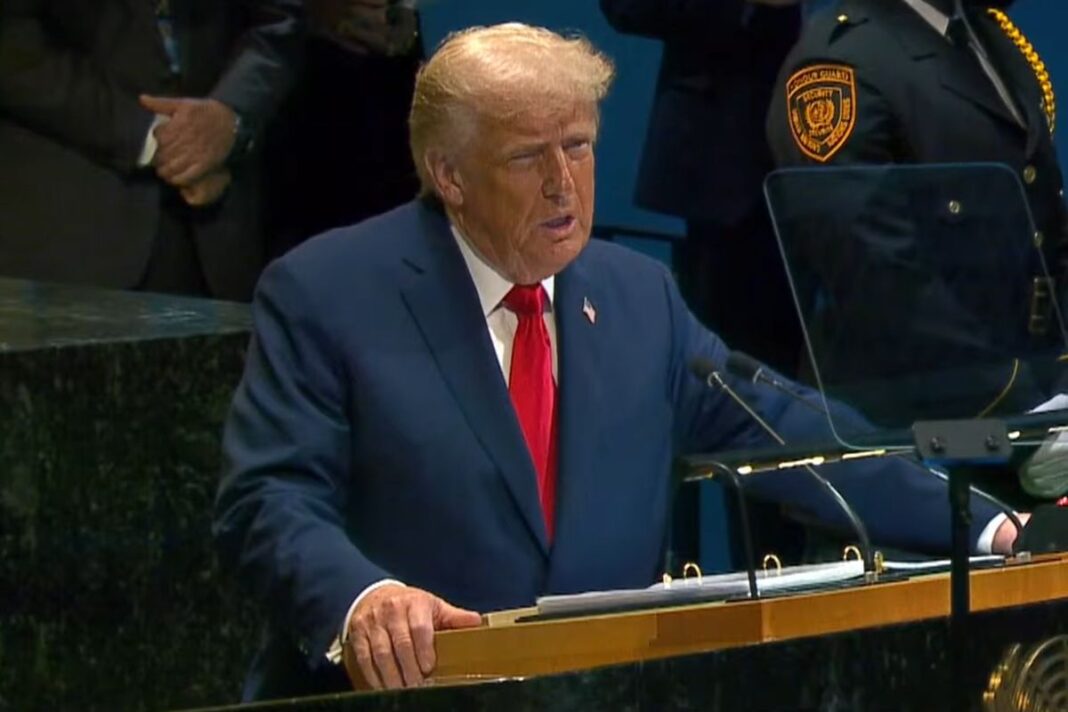Now Mexico has joined the United States and others and turned against China trade.
Commentary
The world seems to be lining up against China. Mexico has joined the United States and the European Union with plans to place tariffs on Chinese-made products.
Doubtless, pressure from Washington has played a role in Mexico City’s decision, but there is also a big desire among Mexican political leaders and businesspeople to defend domestic industries. Whatever Mexico’s motivation, the decision is significant. Not only does the country have a sizable economy of its own, but it has also served as a conduit through which Chinese producers have avoided U.S. tariffs by entering the United States through Mexico. It is enough of an event for Beijing to show concern.
Mexico City’s announcement of the tariffs did not single out China. It spoke only of raising tariffs on countries without explicit trade agreements with Mexico. That broader category includes China, and as if to sharpen the point, the official statement mentioned the need to “bolster domestic industry and substitute imports from Asia.”
Mexico’s tariff plan is part of the 2026 budget proposal recently submitted to the Mexican Congress, and according to Mexico’s Economics Ministry, it will affect some 1,500 products, amounting to the equivalent of some $52 billion of imports. Mexican officials expect no trouble from the World Trade Organization (WTO). The proposed tariffs are within the organization’s allowed caps for such levies.
Affected imports will include autos, auto parts, steel, textiles, toys, home appliances, and footwear, all of which are part of the array of goods being shipped from China to Mexico. Chinese-made cars are of special significance. According to Mexican Economy Secretary Marcelo Ebrard, Chinese-made vehicles amount to a fifth of new car sales in Mexico. The domestic Mexican auto industry accounts for one-quarter of all Mexican manufacturing and requires protection from Chinese competition. In general, Ebrard said, the tariffs will protect as many as 320,000 industrial jobs.
Mexico’s action would get Beijing’s attention in its own right, but U.S. considerations loom large for both the Mexicans and the Chinese. Mexican Finance Minister Edgar Amador has stated openly that the new tariff proposals aim, in part, at ongoing trade negotiations with Canada and the United States.








